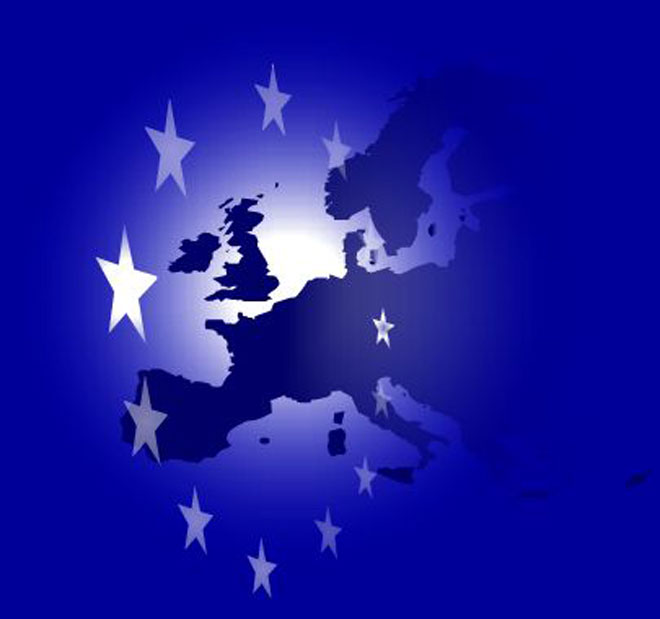Azerbaijan, Baku, Feb. 28 /Trend/
At Monday, EU Foreign Affairs Council meeting on South Caucasus was held in Brussels. Following the meeting, the commission has taken some decisions on the situation in the South Caucasus, including a Nagorno-Karabakh conflict.
The EU expresses its concern at the slow progress in the negotiations between Armenia and Azerbaijan to resolve the Nagorno-Karabakh conflict. In this regard, the EU continues to supports the OSCE Minsk Group and acknowledges in this context the efforts of the President of the Russian Federation Dmitry Medvedev to achieve progress in trilateral talks.
The EU reiterates its support for the Madrid principles and calls on Armenia and Azerbaijan to step up their efforts to reach agreement on those principles as a basis for peace.
The EU recalls the joint statement of the presidence of the OSCE Minsk Group co-chair countries at the G8 Summit in Deauville on 26 May 2011 and the commitments made by the Presidents of both countries in the framework of the Minsk Group, most recently in Sochi, and calls for their full implementation. In this regard, the EU expresses concern on increased tension along the Line of Contact and underlines the importance of urgent steps to implement the ceasefire and to adopt appropriate confidence building measures.
The EU stands ready to provide enhanced support for confidence building measures, in support of and in full complementarity with the Minsk Group, with a view to facilitating further steps towards the implementation of peace. In this regard, the EU underlines the need for unconditional access for representatives of the EU to Nagorno-Karabakh and surrounding regions. The Council invites the High Representative and the Commission to develop, in close consultation with the OSCE, post conflict scenarios for Nagorno-Karabakh as a basis for future EU engagement."
The conflict between the two South Caucasus countries began in 1988 when Armenia made territorial claims against Azerbaijan. Armenian armed forces have occupied 20 per cent of Azerbaijan since 1992, including the Nagorno-Karabakh region and seven surrounding districts.
Azerbaijan and Armenia signed a ceasefire agreement in 1994. The co-chairs of the OSCE Minsk Group - Russia, France and the U.S. - are currently holding peace negotiations.
Armenia has not yet implemented the U.N. Security Council's four resolutions on the liberation of the Nagorno-Karabakh and the surrounding regions.






